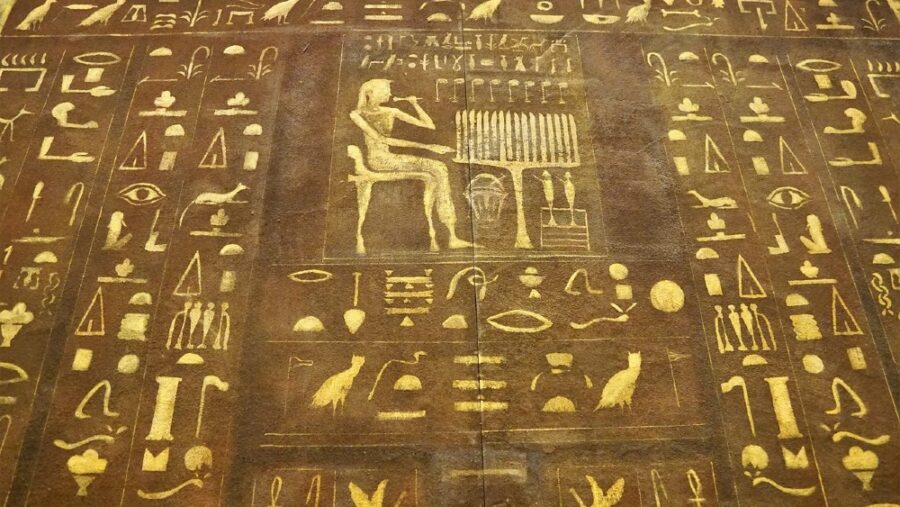3000-Year-Old Secret Language Unearthed By Archeologists

Archaeologists have discovered what appears to be a secret, long-lost language that is over three millennia old. According to ScienceAlert, the language was discovered on ancient clay tablets found in Türkiye that date from the time of the Hittite Empire, some 2,000 years BCE. The previously unseen idiom was discovered among other clay tablets that numbered in the tens of thousands.
The secret text and the language in which it is written are still a mystery to archaeologists, but it is different from any other language emerging from the ancient Middle East. While it seems to have some shared basis with other languages of Anatolian-Indo-European origin, it has yet to be deciphered. At the end of a Hittite text relating to a cultic ritual, there is an introduction to a section containing this newly discovered language that refers to the text as coming from the country of Kalašma.
Though it feels like a secret now, the language of this Bronze Age organized society was apparently known to people outside the region at some point. Kalašma is thought to have been on the outer edge of Anatolia, the Hittite Empire, perhaps in the northwest region. However, the tablet on which that society’s language has been found was discovered in Anatolia’s capital city, Hattusa, which is quite some distance from where the country is believed to have been located.
It’s not every day an archaeologist discovers a secret language, and the head of the Hattusa Ruins Archaeological Excavations, Andreas Schachner, said he knew right away that the find was important. He observed that, compared with the 25,000 other clay tablets found in the present city of Boğazköy, Türkiye, the tablet containing the language of Kalašma was particularly well preserved. Most of the tablets were written in the cuneiform of the Hittite people, but examples of several other languages were found among them as well.

This newly discovered secret language was among several from a number of ethnic groups that existed near the Hittite Empire, which spread over the majority of Anatolia between 1650 and 1200 BCE. Linguists, historians, and archaeologists have been working for more than 100 years translating the treasure trove of texts in Hattusa, which range from legal texts to political correspondences, and from royal treatises to religious works. The recording of rituals in other languages, according to Schachner, was a particular interest of the Hittites.
This means the discovery of a previously secret language among these ancient writings is not entirely surprising, though it is certainly an exciting development. The variety of these texts also shows something of an inclusive ethos about the Hittite Empire as it appears to have incorporated and celebrated the deities of multiple cultures. As the empire expanded, incorporating new regions and new subjects, it also included the religions of each of these peoples, apparently in an attempt to help them feel included and bring respect to the empire.
The secret language is one of many among these tablets which, according to Tülin Cengiz, an ancient Anatolian historian, includes deities from places as distant as Mesopotamia and Syria. The Hittite Empire expanded to include greater swaths of land across the peninsula that stretches from the Mediterranean Sea to the Black Sea, apparently picking up cultural traditions and rituals along the way.
Though no photos of this secret language are currently available publicly, Schachner and his team are working hard on translating the text and expect to share their findings sometime next year.












